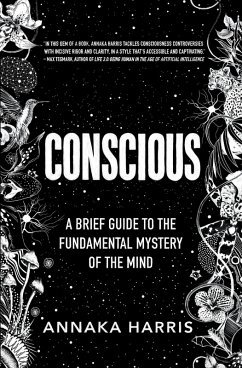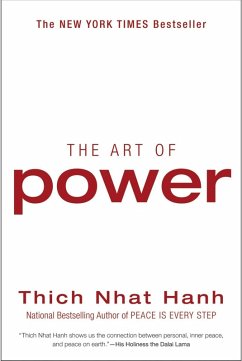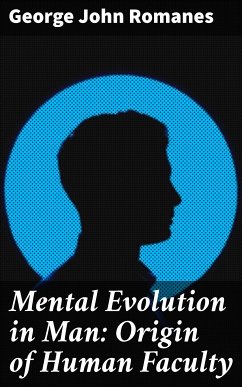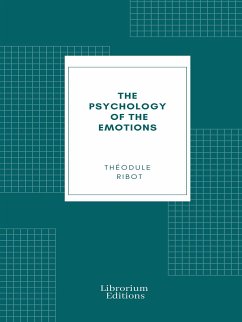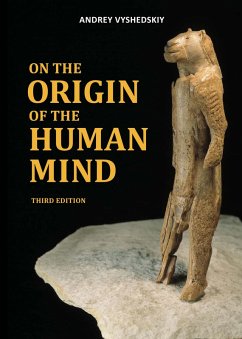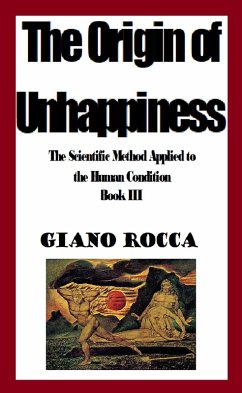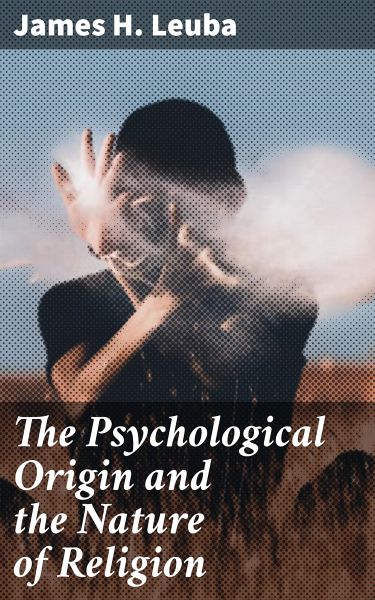
The Psychological Origin and the Nature of Religion (eBook, ePUB)
Enriched edition. Unraveling the Psychological Roots of Faith and Belief
Kommentar: Stevens, Alicia / Redaktion: Good Press
Versandkostenfrei!
Sofort per Download lieferbar
3,49 €
inkl. MwSt.
Weitere Ausgaben:

PAYBACK Punkte
0 °P sammeln!
In 'The Psychological Origin and the Nature of Religion,' James H. Leuba offers a groundbreaking examination of religion through a psychological lens, positing that religious beliefs are rooted in human psychology rather than divine intervention. Leuba deftly blends empirical research with theoretical insights, employing a scientific approach to dissect the cognitive and emotional factors that contribute to religious experiences. This work situates itself within the context of early 20th-century psychology, responding to contemporary debates about the nature of belief and the underpinnings of ...
In 'The Psychological Origin and the Nature of Religion,' James H. Leuba offers a groundbreaking examination of religion through a psychological lens, positing that religious beliefs are rooted in human psychology rather than divine intervention. Leuba deftly blends empirical research with theoretical insights, employing a scientific approach to dissect the cognitive and emotional factors that contribute to religious experiences. This work situates itself within the context of early 20th-century psychology, responding to contemporary debates about the nature of belief and the underpinnings of spiritual experience, thus offering an early critique of conventional theological constructs. James H. Leuba (1868-1949) was an influential psychologist and a prominent figure in the scientific study of religion. His background in both psychology and philosophy informed his unique perspective on the intersection of mind and belief. Leuba's academic endeavors were shaped by the growing interest in empirical research during his time, leading him to explore how psychological needs influence the formation and persistence of religious ideologies, as well as the implications of such beliefs on human behavior. This compelling analysis is essential reading for anyone interested in the psychology of religion, cultural studies, or the philosophical underpinnings of belief systems. Leuba's clear prose and incisive arguments challenge readers to reconsider the motivations behind religious thought, making it a provocative exploration of a central aspect of human existence. In this enriched edition, we have carefully created added value for your reading experience: - A succinct Introduction situates the work's timeless appeal and themes. - The Synopsis outlines the central plot, highlighting key developments without spoiling critical twists. - A detailed Historical Context immerses you in the era's events and influences that shaped the writing. - A thorough Analysis dissects symbols, motifs, and character arcs to unearth underlying meanings. - Reflection questions prompt you to engage personally with the work's messages, connecting them to modern life. - Hand-picked Memorable Quotes shine a spotlight on moments of literary brilliance. - Interactive footnotes clarify unusual references, historical allusions, and archaic phrases for an effortless, more informed read.
Dieser Download kann aus rechtlichen Gründen nur mit Rechnungsadresse in A, B, BG, CY, CZ, D, DK, EW, FIN, F, GR, H, IRL, I, LT, L, LR, M, NL, PL, P, R, S, SLO, SK ausgeliefert werden.




